29 episodes


Tear and desert ‘Tear’ and ‘desert’ are words that are pronounced differently to indicate their meaning. The noun tear, which is a drop of fluid from the eye, rhymes with the word dear. ‘She shed a tear when her cat died.’ But when we use ‘tear’ as a verb, meaning to rip, it's pronounced 'tear' and that rhymes with the word 'bear'. ‘Don't tear the book.’ The noun ‘desert’ means a barren dry, sandy and often lifeless place. ‘It rarely rains in the desert.’ But when the word ‘desert’ is used as a verb, meaning to run away, it's pronounced 'desert'. ‘Don't desert me, stay and help please.’ When it's spelt with two Ss ‘desert’ is used to describe the part of a meal that is often eaten after the main course. It usually consists of something sweet. ‘I don’t think I'll have any dessert thanks, I am already full.’ Flickr CC: Elisa Banfi


Gonna and Gotta In informal English conversation, we often use shorter, versions of common word combinations. One of the most common is ‘gonna’ - short for ‘going to’. When we say the words ‘going to’ very quickly, they run together and sound like ‘gonna’. So ‘Are you going to wash the car today?’ becomes: B: ‘Are you gonna wash the car today?’ And ‘We are going to go home for dinner.’ becomes: ‘We’re gonna go home for dinner.’ We also shorten ‘got to’ so it sounds more like ‘gotta.’ Here, ‘got to’ means ‘have to’ or ‘must’: So ‘I have got to wash the car today,’ becomes: ‘I’ve gotta wash the car today.’ And ‘I have got to go home for dinner,’ becomes: ‘I’ve gotta go home for dinner.’ Flickr CC: Bark


Practising contractions Pronouncing contractions can be tricky - let’s practise some: ‘I am’ becomes ‘I’m’. I’m I’m going to the beach. I’m going to come with you. ‘You are’ becomes ‘you’re’ You’re You’re going to the beach today, aren’t you? You’re late. ‘She is’ becomes ‘she’s’ She’s ‘She’s coming to the beach with me.’ ‘She’s running late again.’ ‘He is’ becomes ‘he’s’ He’s ‘He’s coming to the party.’ ‘He’s already here.’ And ‘it is’ becomes ‘it’s’ It’s ‘It’s too late to start watching a movie now.’ ‘It’s too hot to go to the beach today.’ Flickr CC: Rob Parker
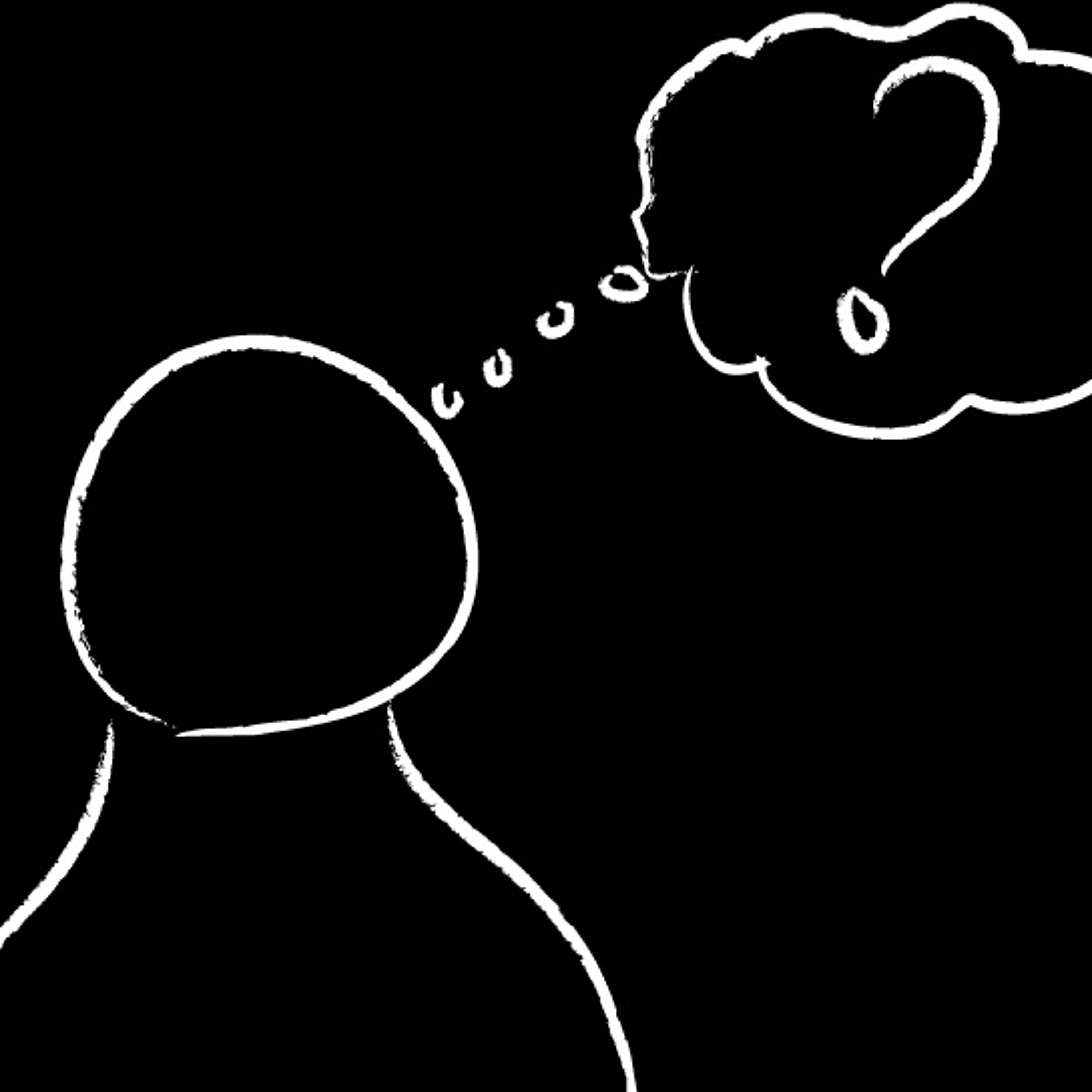

Doubt or Question? Many English learners confuse the nouns ‘doubt’ and ‘question’. A ‘question’ is something you ask when you want to find out information. ‘Can you answer my question?’ ‘Does anyone have any questions?’ The noun ‘doubt’ describes a feeling of not being sure about something. ‘I have doubts about my ability to pass the test.’ ‘I never had any doubt you could do it.’ So if you have ‘doubts’ it means you feel uncertain. If you have ‘a question’, it means you want to ask something in order to find out more information. Flickr CC: Noelia


How to join a conversation If you hear an interesting conversation, it’s a good idea to listen in and make sure it’s appropriate to join. If it’s a personal or private conversation, the speakers might not want you to interrupt. You‘ll have to use your own judgement, and take a risk. If they seem friendly and open, you can try to find something interesting to add. Don’t try to change the subject or talk too much about yourself. Remember to smile, be friendly and ask questions about others. You could try one of these phrases for joining in: ‘Excuse me, I overheard you talking about…’ ‘Hi, my name is … ‘ ‘I heard you talking about…’ ‘Did I hear you say…?’ Here are some examples: ‘Excuse me, I overheard you talking about travelling to Australia. My sister went there last year. When are you going?’ ‘Hi my name is Shirley. I heard you talking about Adelaide university. I’m a student there, too. What do you study?’ ‘Did I hear you say you’re watching the new Game of Thrones series? I’m half way through it, I love that show. Where are you up to?’ If you find it hard to find a natural way to join the conversation, you can say: ‘Excuse me, would you mind if I joined your conversation? I don’t know anyone here yet, and you look interesting to talk to.’ Of course, not everyone wants new people to join their conversation. If it doesn’t work out, don’t take it personally. Try again next time. Flickr CC: Ruth Ellison


Carnivores, herbivores and omnivores A ‘carnivore’ is a meat eating animal. It eats other animals. ‘The lion is a carnivore, as is the leopard.’ Carnivorous, an adjective, means ‘meat-eating’. ‘The Tasmanian devil is the world's largest carnivorous marsupial.’ A ‘herbivore’ is an animal that eats only plants. ‘Zebras are herbivores.’ An ‘omnivore’ is an animal that is able to eat both animal and plant life. ‘People are omnivores.’ Flickr CC: Chen Wu


The final ‘s’ sounds in words can be confusing as there are three different ways that we can pronounce ‘s’ endings. Listen to the following three words and listen for the difference: Cooks Earns Damages There are slight differences here: Cooks makes the /s/ sound. Cooks / cooks. Other examples are: Checks Graduates Hates Earns makes the /z/ sound. Earns / earns. Other examples are: Boys Girls Hours Messages makes the /iz/ sound. Messages / Messages. Other examples are: Closes Damages Faces Listen to the following examples of words ending with ‘s’ and Identify the correct sound. We will tell you if you are right or wrong: wants things sandwiches products loves places paints lives phrases Flickr CC: William Chew


More tongue twisters Tongue twisters are an excellent way to practise your pronunciation. Listen to the following tongue twisters and follow the script below. Then, practise saying the tongue twister yourself. Practise a few times slowly so you can pronounce the sounds of each word. You will hear yourself improve each time. You might also like to record your voice then compare your pronunciation to ours. Tongue twister number 1 A big black bug bit a big black dog on his big black nose. Listen again. A big black bug bit a big black dog on his big black nose. Tongue twister number 2 Santa's short suit shrunk. Listen again. Santa's short suit shrunk. Tongue twister number 3 Whether the weather is warm, whether the weather is hot, we have to put up with the weather, whether we like it or not. Listen again. Whether the weather is warm, whether the weather is hot, we have to put up with the weather, whether we like it or not. Flickr CC: Thorsten Ludewig


Word Pairs ‘Wine and dine’; means to entertain someone with food and drink - often with a motive in mind. The only way to win the new contract is to wine and dine the clients. ‘Sink or swim’; means to fail or find a way to succeed. Note that we always say ‘sink or swim’ in that order. The phrase ‘sink or swim’ is used to talk about someone who is thrown into a difficult situation where they must succeed without help from others. It’s a difficult job and there’s no training. He will sink or swim.


Up ‘Bring up’ means to take care of and educate a child. Some people think it is better to bring up a child in a small country town. The past tense is ‘brought up.’ She was born in Sydney but brought up in Melbourne. ‘End up’ means to become or turn out to be. She started doing business at university but ended up doing medicine. No matter what she ends up doing, she will succeed. ‘Use up’ means to finish. Someone’s used up all the bread. Don’t use up all the toothpaste, I haven’t brushed my teeth yet. ‘Take up’ means to begin or resume. Do you want to play chess? Let’s take up where we left off last time. When did you take up fishing? You’re very good at it. Flickr CC: Eigenberg Fotografie


Wander or Wonder? To ‘wander’ is to walk around without a clear purpose. An elephant wandered into the garden. ‘Wonder’ refers to feeling curious. I wonder why the elephant is there. Flickr CC: muzina_shanghai


Advice or advise? ‘Advice’ is the noun. 'You should follow your doctor’s advice.' ‘Advise’ is the verb. 'I advise you to listen carefully.' 'My doctor advised me to stop smoking. ' Flickr CC: Vic
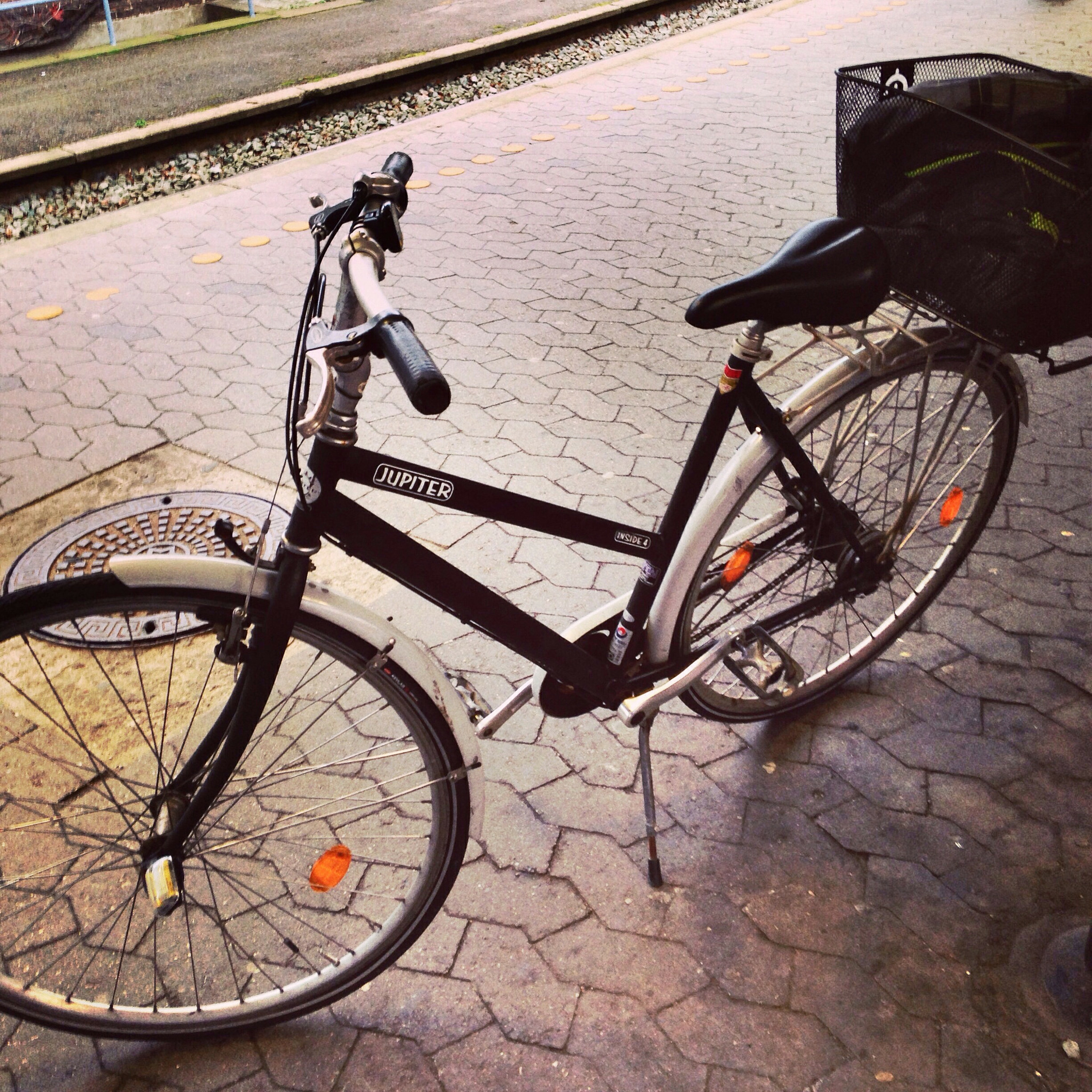

'Used to' or 'Used for'? ‘Used to’ refers to something that was true in the past. 'I used to ride to work every day, but I live too far away now.' ‘Used to’ also means to be accustomed to. 'By the end of summer, I'm used to the heat.' ‘Used to’ refers to the purpose of something. 'Pens are used to write.' You can also say ‘used for’ to mean the same thing, but you say ‘for writing’ and not ‘for write’. 'Pens are used for writing.' Flickr CC: Daniel López


Lend and borrow Borrow something [from someone] Lend something [to someone] Lend someone [something] We use borrow to say that we take something temporarily with the intention of giving it back. Do you mind if I borrow a few dollars for the bus? That book looks great, may I borrow it once you have finished? We use lend to say that we give something temporarily with the understanding that it will be returned. Can you lend me your car? Her father lent her some money to buy a house. Flickr CC: Simon Cunningham


‘Stay in touch’ means to keep contact. I will be leaving today to go camping and will be away for a month, but don’t worry I will stay in touch. ‘Drop me a line’ means to send someone a note or a message in an informal way. 'As soon as you settle in to your new house, drop me a line.' ‘A shoulder to cry on' is someone who is willing to listen to your problems and offer advice. She needed a shoulder to cry on and went to visit a close friend. Flickr CC: Kevin Dooley


Loud / aloud / allowed ‘Loud’ is an adjective and means to make a lot of noise. Turn the music down, it is so loud. And it can also refer to bright clothes. Wow, look at his shirt, it sure is loud. ‘Aloud’ is an adverb and means to speak out, so you can be heard. The teacher told the students to read aloud. And ‘allowed’ is a verb meaning to have permission. We are not allowed to ride our bikes in there, look at the sign on the gate. Flickr CC: Sam Leighton


Starting a conversation To start a conversation in an informal social situation - like a party - it’s a good idea to find light, friendly topics to talk about. For example you could: offer a compliment: A: I like your shoes. B: Oh thanks, I bought them last week. Or, find something you have in common, like work, studies, movies or sport: A: What are you studying? B: I’m studying zoology at La Trobe. A: Really? Do you have Professor Duncan? Or you could ask about something more general, like the weather, or the area you live in. A: I can’t believe how hot it’s been. How are you coping with the heat? When you first meet someone it’s best to avoid personal topics, like money, politics, or personal appearance. For example, you might avoid asking how much money someone makes: A: You’re a lawyer? How much do you earn? B: That’s none of your business. It’s also best to avoid commenting on someone’s physical appearance. A: You’re really skinny, what do you eat? B: That’s really none of your business. Asking about age can also be seen as rude: A: How old are you? B: Excuse me? I’m not telling you that. Flickr CC: Peter Nijenhuis


Tongue twister A tongue twister can be a fun way to practice the different sounds of English. Try these tongue twisters, how well can you say them? She sells seashells by the sea shore. She sells seashells by the sea shore. Try this one; How much wood would a woodchuck chuck if a woodchuck could chuck wood. How much wood would a woodchuck chuck if a woodchuck could chuck wood. Flickr CC: Bemep


Get We the verb 'to get' in many different ways. Here are some of the more common usages. 'Get' meaning to acquire or come into possession of something: 'Get your cold drinks here.' 'Get' meaning to become or change state: 'She got very angry after she learnt that he had recorded over her favourite program.' 'Get' meaning to receive something: 'I got letters and notes from all the staff before the end of my last day.' 'Get' meaning to arrive or reach your destination: 'He gets in at around 7pm.' 'Get' meaning to fetch or bring: 'Go and get those books over there and bring them back please.' 'Get' meaning to experience or undergo something: 'I get seasick whenever I travel by boat.' 'Get' meaning in sports to score or make: 'He got 105 runs in the first innings.' 'Get' meaning to make someone do something in a certain way or manner. 'My kids got me to buy them some shirts in the market.' There are many ways that we use get. These are some of the more common usages. Can you think of anymore? Write them in the comments box below and we will give you a tick if you get the right answer.
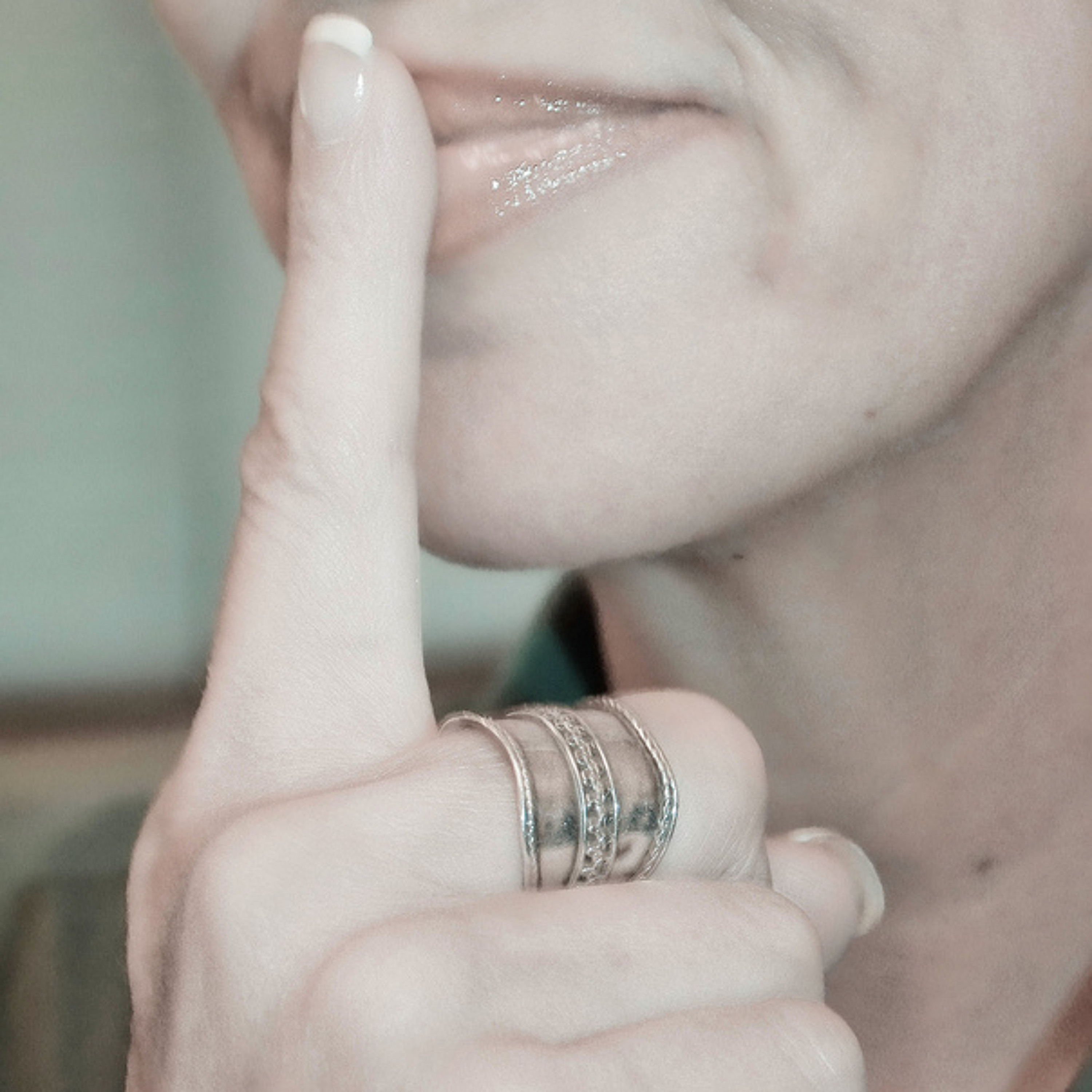

Syllable stress A syllable is a word, or part of a word, which contains a single vowel sound. Every word contains at least one syllable, Some examples include: Pen Watch Cat The following words are examples of words with two syllables. garden: gar / den hotel: ho / tel consist: con / sist Here are some examples of words with three syllables: September: sep / tem / ber department: de / part / ment telephone: te / le / phone And these words have four syllables: kindergarten: kin / der / gar / ten information: in / for / ma / tion January: ja / nu / ar / y When words have two, three or four syllables we usually stress only one syllable and not the others. The syllable that is pronounced with the most emphasis we call a ‘stressed syllable’ and in spoken English the correct stress is important otherwise you may not be understood. Listen to the following words and choose the correct stressed syllable: Frustration frus / tra / tion Delicious de / li / cious Flexibility flex / i / bil / i / ty Mysterious mys / te / ri / ous Incredible in / cred / i / ble Write your answers in the comments box below and we will tell you if you are right or wrong.


Keeping a conversation going To keep a conversation going it is important to show you are listening and want the conversation to continue. Here are some things you can say to keep a conversation going: ‘Really’ A: I went to the beach yesterday. B: Really? A: Yes, we drove there in the morning and had a lovely day. ‘I see’ A:I usually walk along the path by the river. B: I see. A: It’s lovely there in the morning. ‘That’s interesting’ A: My son is a great swimmer, he would swim all day if I let him. B: That’s interesting. A: Yes, he’s going to start competing for his school. You could ask a short question to keep the conversation going: A: I’m really looking forward to the party on Saturday. B: Are you? A: Yes, I think everyone will be there. We can also repeat part of what the other person has said to link to a follow up response. B: I live in Paddington. A: Paddington, that’s very close to the city isn’t it? Flickr CC: Kevin Dooley


Past continuous You use the past continuous tense to talk about something that occurred in the past. Past continuous tense is used when the action you’re talking about started before the moment you’re describing, but had not finished. For example, in past tense, you might say: ‘I watched a film on TV yesterday. The film started at 7pm and finished at 9pm.’ When we use the past continuous we say: ‘At 8pm yesterday I was watching TV.’ The past continuous can be used to say that something happened in the middle of something else. For example, in past tense, you might say: ‘I cooked dinner yesterday. My sister called me.’ When we use the past continuous we say: ‘I was cooking dinner when my sister called.’ Flickr CC: Dwight Sipler
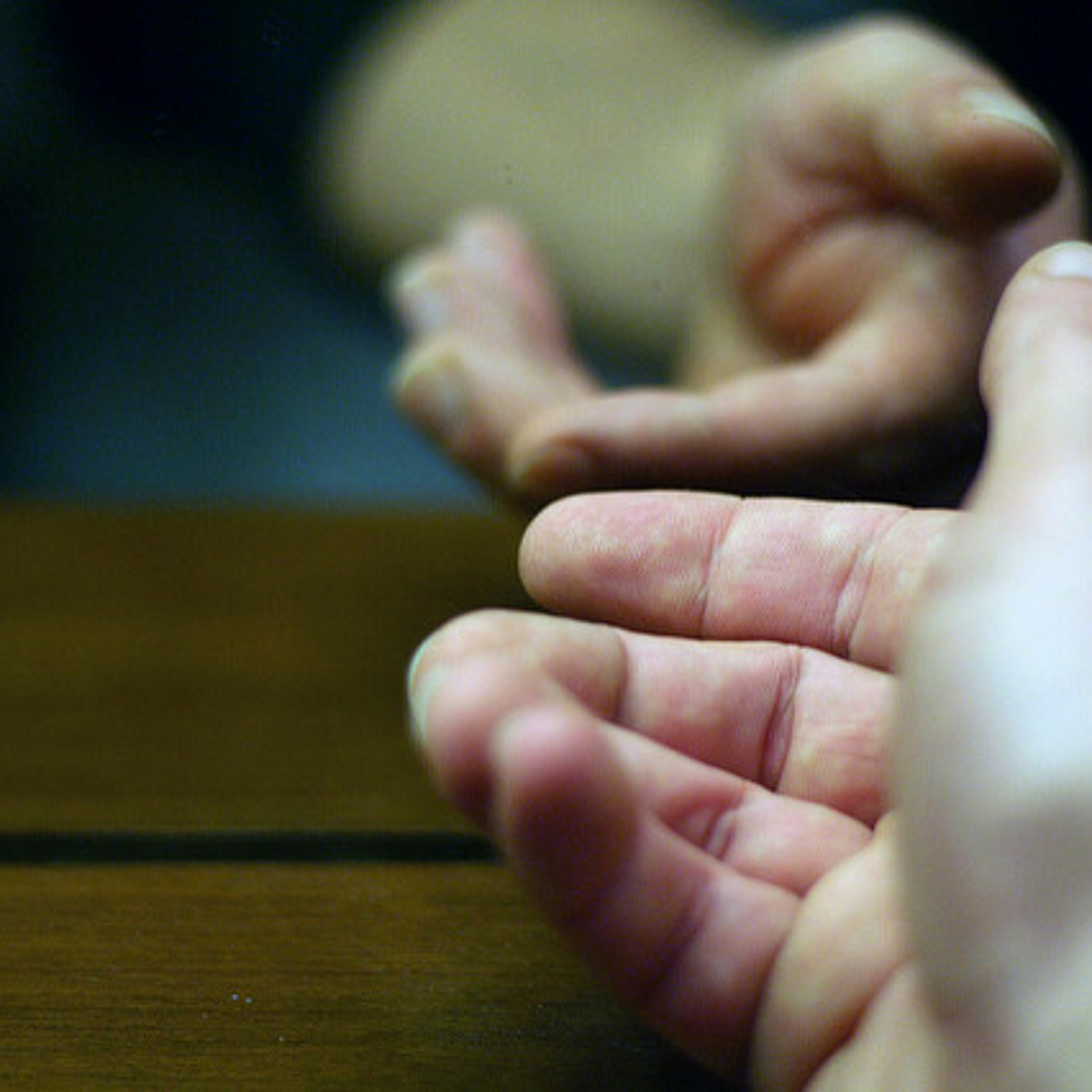

Asking for advice. There are many ways to ask for advice, here are some of the more common ones: What do you think I should do about _____? ‘What do you think I should do about the broken window?’ What should I do about _____? ‘What should I do about John? He never does his homework.’ What would you do about____? ‘What would you do about finding a new job? I don’t know where to start. What do you think I should do? ‘I can’t decide which car to buy. What do you think I should do?’ What do you think I should do about_______? ‘What do you think I should do about a new hair style?’ Can you give me some advice about_______? ‘Can you give me some advice about how to apply for a new course?’ Flickr CC: Rita M.


Concern and Sympathy There are many ways we can express concern and sympathy. We could say: ‘That’s terrible.’ I had a car accident on the weekend. That’s terrible, are you OK? ‘I am sorry to hear that.’ I can’t come to the party on Saturday night. I’m sorry to hear that. ‘I know how you feel.’ I’m so upset this morning. I lost my wallet on the way to work. I know how you feel, that happened to me a few years ago. ‘I hope you feel better soon.’ I’m going to leave early. I’ve got a bad headache. I hope you feel better soon.
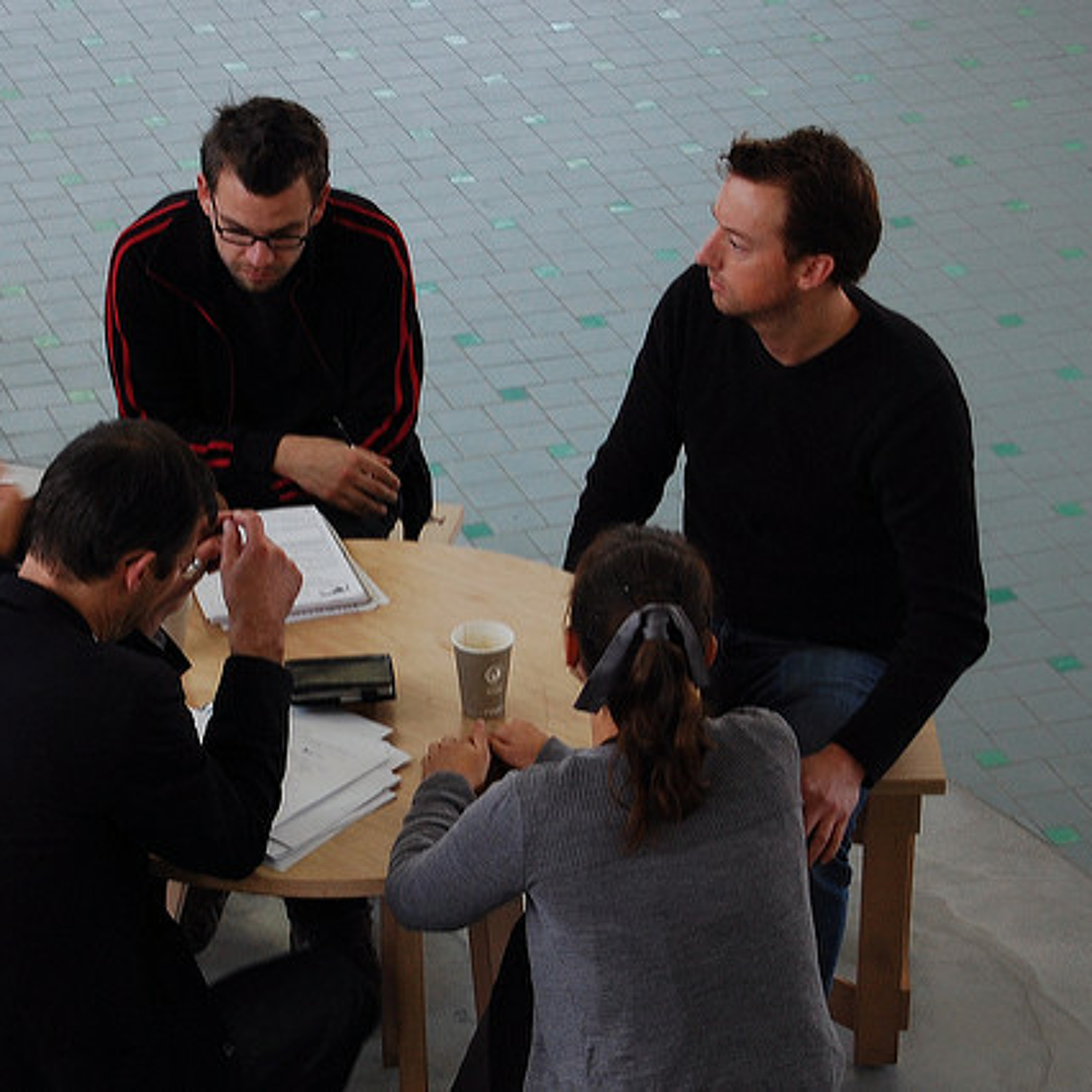

Debate and discussion A discussion is a detailed conversation. ‘We had a long discussion about which school I should go to next year.’ ‘The discussion was very helpful. I think I’m ready to make a decision.’ A ‘debate’ is a discussion in which people argue or consider opposing points. ‘We debated whether to have pizza or sushi for dinner.’ ‘The meeting went on for hours as we debated the benefits of both sides.’ The word ‘debate’ can also describe a formal speaking contest in which two teams argue a given question. Formal ‘debates’ are most likely to take place at school or university. ‘Our team won the debating contest.’ Debates also take place in politics. ‘Parliament sat late into the night as members debated the bill.’ Flickr CC: Simon Blackley
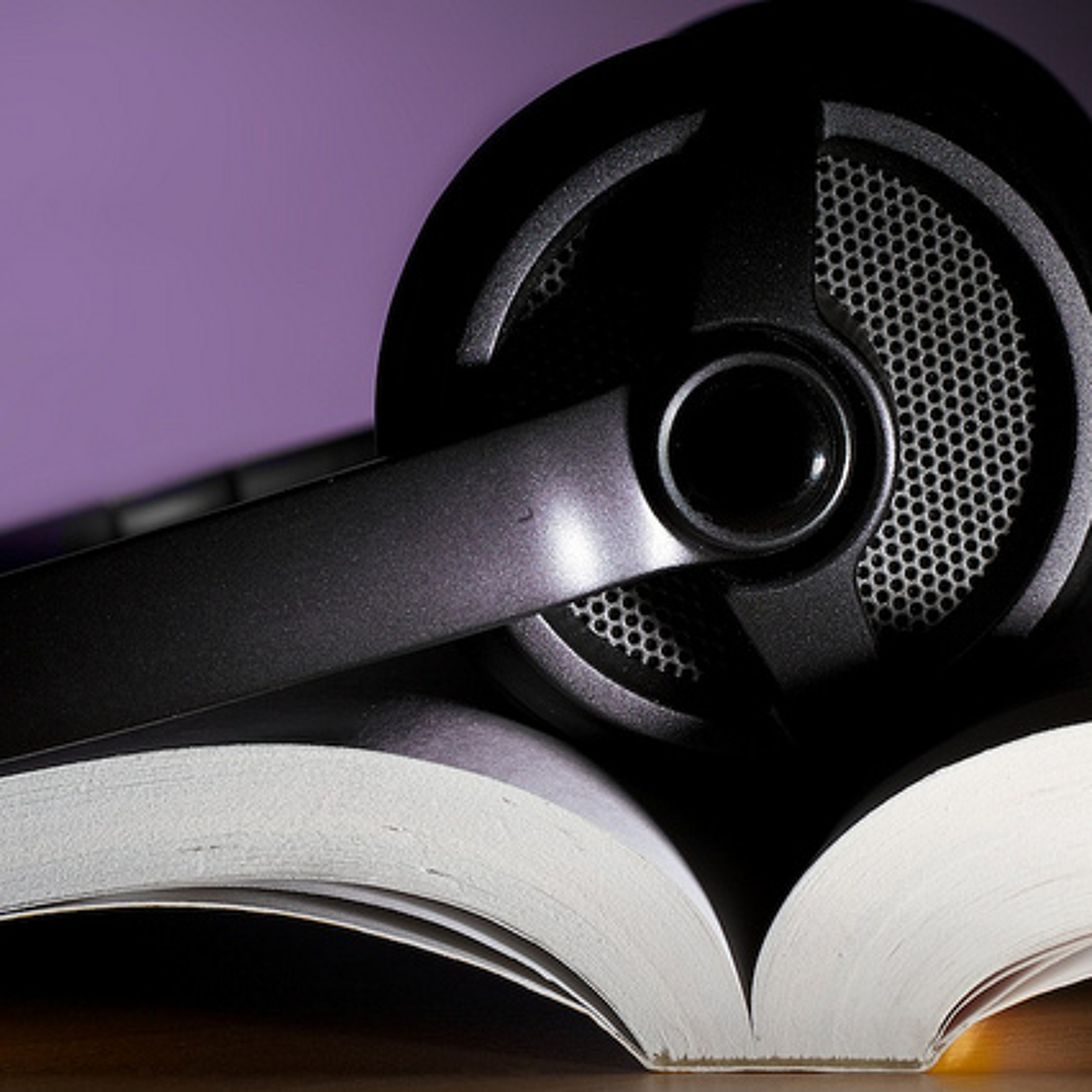

English has a large number of similar sounds with only very small minor variations. Today, we are going to practise two similar vowel sounds; /e/ and /eɪ/; wet /e/ wait /eɪ/ test /e/ taste /eɪ/ Listen to the following words and put them into the correct columns. I will say each word two times: /e/ /eɪ/ waited ✓ wreck rake saint sent hail hell shed shade bend vetted Come back tomorrow and check your answers. Flickr CC: Jeff Golden


Certainty and uncertainty ‘Certainty’ is the firm belief that something is true. ‘Do you think it will rain today?’ ‘I am certain it is going to rain.’ You can express certainty by saying: ‘I am confident it will rain.’ ‘I am positive it will rain.’ ‘I am sure it will rain.’ ‘It will definitely rain today.’ Uncertainty is the state of being unsure. You don’t know if something is true, or you haven’t decided. ‘Do you plan to go to university when you finish school?’ ‘I’m still uncertain about that.’ You can express uncertainty by saying: ‘I am not sure.’ ‘I may go.’ ‘I haven’t made up my mind.’ ‘I might go.’ ‘I haven’t decided yet.’ Flickr CC: Viewminder


Ed Regular verbs in the simple past end in ‘ed’. There are three ways that we can pronounce a word that ends in ‘ed’ Can you hear the difference? Called Asked Acted In ‘called’ you can hear a /d/ sound. Listen for the /d/ sound in these words: Played Cared Cried In ‘asked’ you can hear a /t/ sound. Listen for the /t/ sound in these words: Missed Placed Shipped And in ‘acted’ you can hear a /id/ sound. Listen for the /id/ sound in these words: Crowded Ended Floated Flickr CC: Melvin Gaal


Complimenting food There are a number of ways that we can compliment food, or the person that prepared the food. Here are some of the most common phrases and expressions that we can use. When you have just been given a plate of pasta: This lasagna is delicious. You have just tasted some soup: I have never tasted a soup like this before. You have just eaten a tasty salad: This is the most delicious salad in the world. You have just had some apple pie: This is the best pie that I have ever had! The meal has just finished: You are a fantastic cook. Can you think of any other ways to compliment food, or the chef? Flickr CC: Jeff Golden